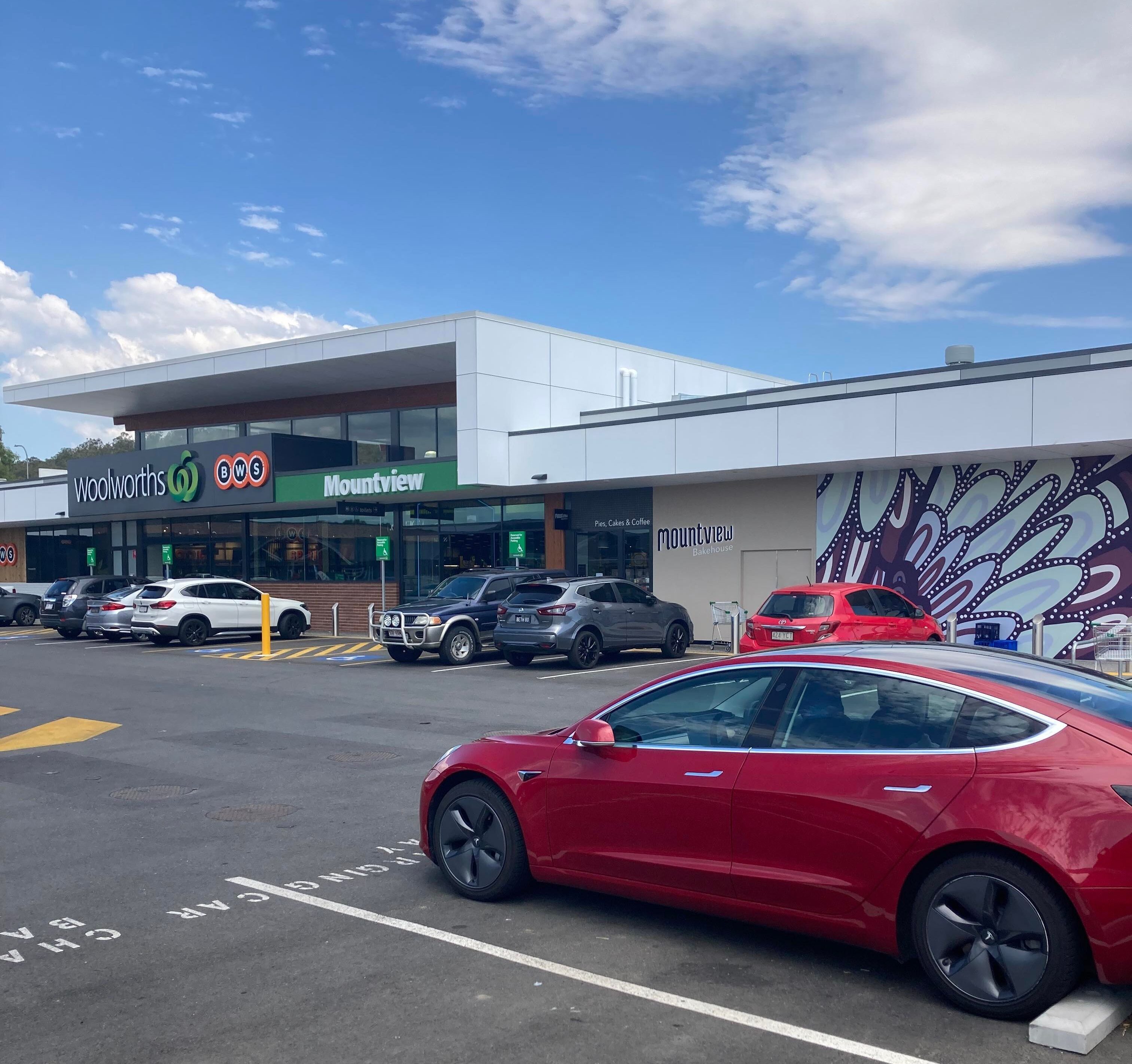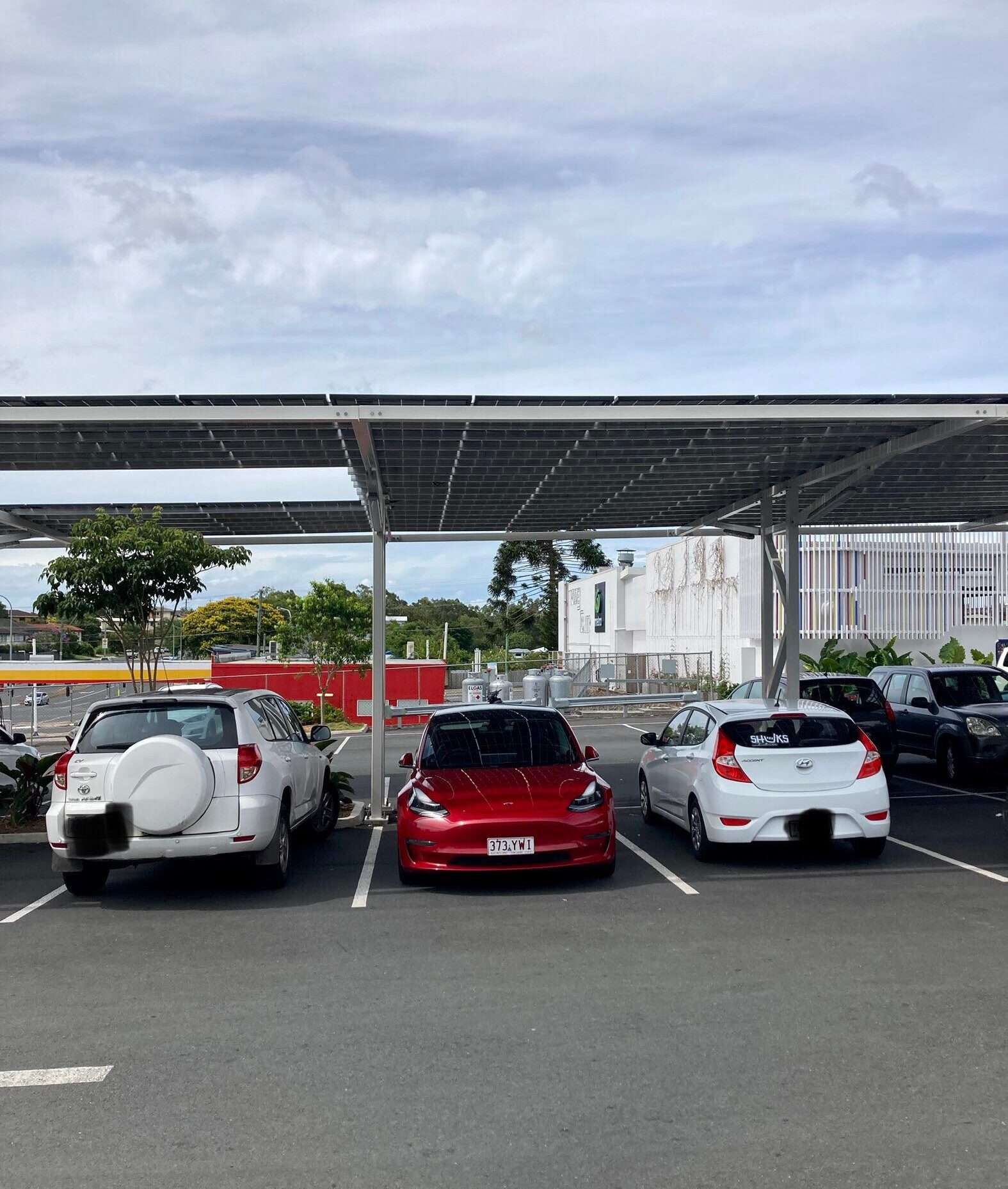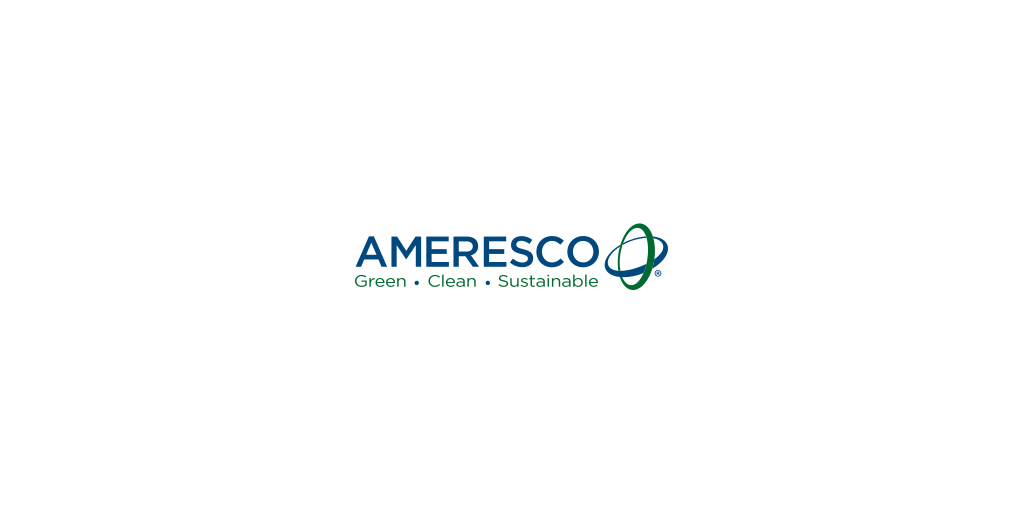
In an effort to catch up to competitors’ green credentials, Coles supermarkets in Australia plans to install solar panels and batteries on 100 supermarkets and liquor stores. To put this in context, Coles has 846 stores throughout the country. Australia’s big three supermarkets (Coles, Woolworths, and Aldi) are working towards net-zero emissions and beginning to do their part with the provision of renewable energy in the fight against global warming. It doesn’t hurt their bottom line, either.
Aldi Australia already uses 100% electrical energy from renewables, 270 of their stores have solar already installed, and the supermarket giant plans to add solar to 25 more stores, adding 34 MW by the end of 2024. Aldi’s 270 stores with solar generated around 41 MWh in 2022. Batteries don’t seem to be included in Aldi’s plan as yet. Aldi has 591 stores in Australia.
And Woolworths has an installed rooftop capacity exceeding 35 MW. Two hundred and fifteen of its approximately 1400 available sites (supermarkets, retail stores, and distribution centres) are now powered with their own rooftop solar. This is more than 100,000 panels — equivalent to the amount of energy needed to power 3,600 households. Michael Shelley, general manager of green energy transition at Woolworths Group, tells us: “Our motto through the transition has been ‘using our scale for good.’”
Woolworths’ aim to transition to 100% renewables by 2025 is already 21% there. Excess renewable electricity generated can be shared with nearby stores and will also be used to power the electric vehicle chargers being installed at all new Woolworths sites.
Coles, in partnership with Origin Energy, plans to install 20 megawatts of solar panels on top of 100 stores across Australia over the next three years. Batteries will be added to one third of these sites. To ease pressure on the grid at peak demand, Coles’ energy-intensive assets — including rooftop solar, batteries, and in-store heating, cooling, and refrigeration systems — will be connected to Origin’s national virtual power plant (VPP) — Loop. You can watch the explanatory video here:
Origin touts itself as a key player in Australia’s energy supply chain: “From where energy comes from to how it gets to your house.” Its website declares: “Origin has put more solar panels on Aussie roofs than any other electricity retailer. Over 1.8 million of them in fact.” Origin aims to grow Loop to a 2GW network of home solar and battery systems by 2026. It is already one quarter of the way there. The Loop VPP uses smart software to manage supply and demand across over 130,000 connected devices around Australia. The internet of things is upon us.
Origin is a major generator of electricity through coal and gas, also. The gentailer is the largest owner of gas-fired power stations in Australia. A 2GW VPP would make a handy replacement for the soon-to-close Eraring Power Station, operated by Origin.
Like Woolworths, Coles has a 100% renewable energy goal by 2025. It aims, in cooperation with Origin, to reduce each participating store’s electricity use from the grid by around 20% on average. Solar panels and efficiencies will help achieve that.
“Solar panel installation is currently underway at six Victorian stores, with installation at all 100 Coles supermarkets, Vintage Cellars, Liquorland and First Choice Liquor Market stores expected to be completed by 2026.” Twenty more sites are expected to be completed next year, while 87 sites have already been fitted with solar panels.
“Not only will this investment in renewables help us reduce our emissions, it will also lower our operational costs and allow us to meet more of our energy needs from our own on-site solar generation,” Coles Head of Energy Jane Mansfield said.
The partnership with Coles is being managed by Origin Zero. Origin Zero partners with large business customers to create energy solutions to achieve unique environmental goals. They say they are disrupting the status quo by approaching sustainability as an ongoing service, not a destination. One could be cynical and say that they see the renewable transition as inevitable and they are protecting their bottom line. But, so long as they support the rEVolution, I am OK with that.
“This is a landmark alliance between two of Australia’s leading retailers across supermarkets and energy which will see the companies co-invest in renewable energy and battery assets to help deliver greater emissions reductions for Coles,” Origin Zero Executive General Manager James Magill said.
“This also marks Origin’s largest customer aggregation agreement providing Frequency Control Ancillary Services (FCAS), allowing us to orchestrate 10MW of flexible energy use across heating, cooling and refrigeration assets at select Coles stores, which helps to support stable and safe operations of the grid,” said James. “Other cleaner energy initiatives by Coles to help reduce emissions include electrification of gas assets, the trial of an electric delivery truck, as well as purchasing renewable electricity from wind and solar farms around the country.”
Woolworths is currently trialling the use of electric trolley collectors at its supermarkets, with a plan to convert its trolley collection vehicles nationwide to EV using Australian-made ACE electric vehicles. The ACE transformer electric van will also help to fill some of the supermarkets’ logistical niche.
There are many pieces to the jigsaw to become net zero. It is great to see large corporations co-operating to put them together. We need solar panels to generate power and batteries to store it for when it is most needed. We also need electric delivery vehicles and trolley collectors to reduce emissions. The integration of other energy-intensive assets into a virtual power plant will help the grid with demand management. Loop has the motto: A cleverer, cleaner, more efficient energy tomorrow.
Coles and Origin seem to have found a way to incorporate as many of these as are currently available. I would encourage them to extend this program to all of their stores, and may I suggest that the next step might be solar canopies on car parks? Is it a bird, is it a plane, no it’s supermarket!
I don’t like paywalls. You don’t like paywalls. Who likes paywalls? Here at CleanTechnica, we implemented a limited paywall for a while, but it always felt wrong — and it was always tough to decide what we should put behind there. In theory, your most exclusive and best content goes behind a paywall. But then fewer people read it! We just don’t like paywalls, and so we’ve decided to ditch ours. Unfortunately, the media business is still a tough, cut-throat business with tiny margins. It’s a never-ending Olympic challenge to stay above water or even perhaps — gasp — grow. So …




